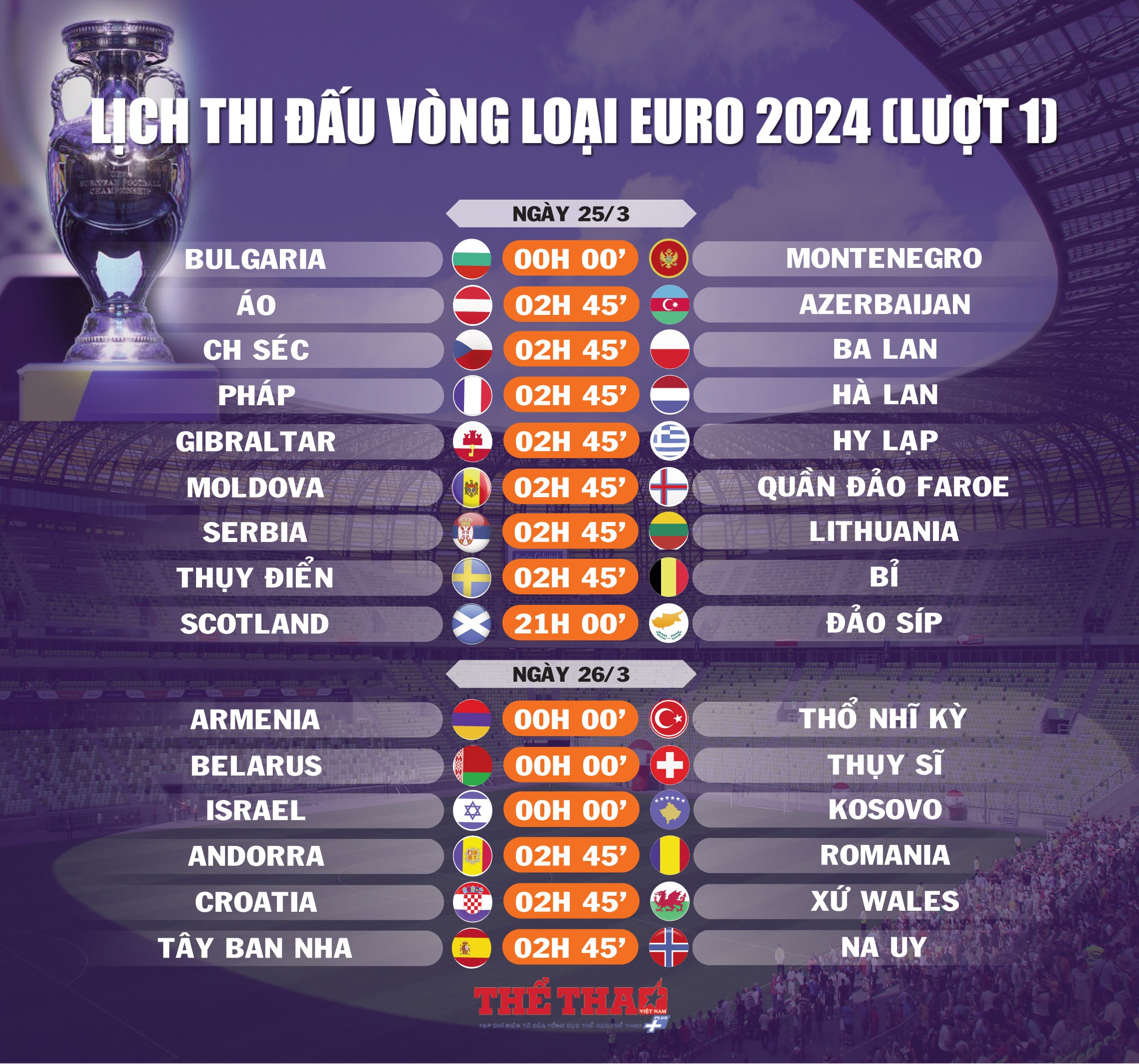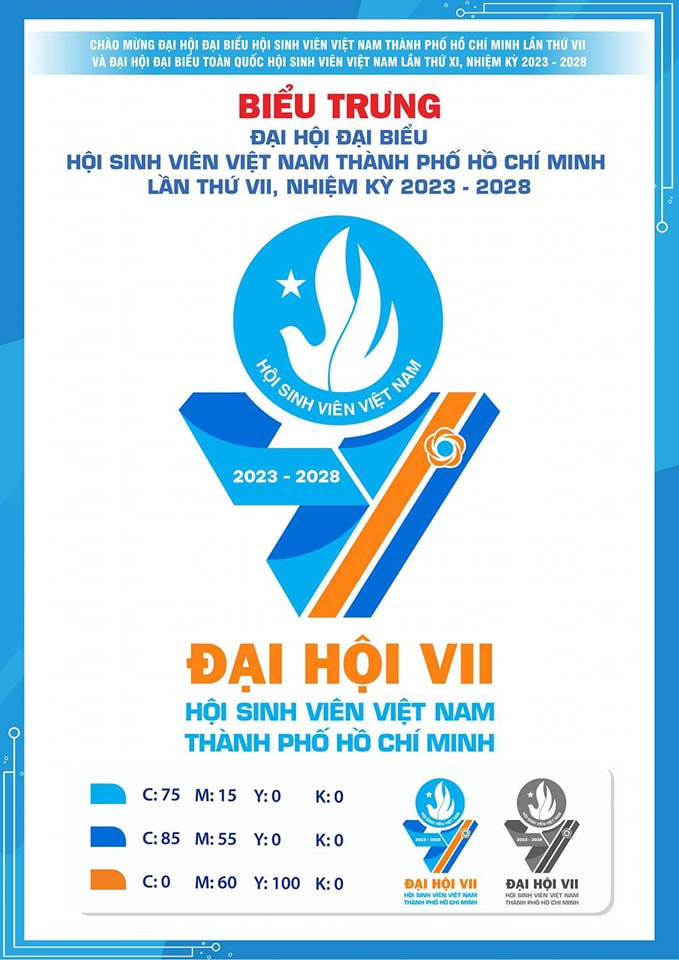The Impact Of Tariff Volatility On Recordati's M&A Strategy In Italy

Table of Contents
Understanding Recordati's M&A Activities in Italy
Recordati is a well-established player in the Italian pharmaceutical market, known for its specialization in branded pharmaceuticals and its focus on specific therapeutic areas. Mergers and acquisitions are a crucial part of Recordati's growth strategy, allowing them to expand their product portfolio, increase market share, and access new technologies. Recordati’s success hinges on strategic acquisitions that complement their existing capabilities and strengthen their position within the Italian healthcare ecosystem.
-
Overview of Recordati's acquisition history: Recordati has a history of successful acquisitions in Italy, demonstrating a clear M&A strategy focused on growth and expansion. These acquisitions have allowed them to broaden their therapeutic areas and consolidate their presence within the Italian market.
-
Focus on therapeutic areas targeted by Recordati's M&A: Recordati has typically focused its acquisitions on therapeutic areas where it already possesses expertise, allowing for seamless integration and leveraging of synergies. This strategic approach minimizes integration risks and maximizes the value derived from acquisitions.
-
Geographic concentration of Recordati's acquisitions within Italy: Recordati's acquisitions have primarily concentrated in regions of Italy with strong healthcare infrastructure and market potential. This geographically focused strategy allows them to efficiently manage acquired entities and maximize their value within the Italian context.
The Impact of Tariff Volatility on Pharmaceutical Pricing in Italy
Changes in tariffs significantly impact the Italian pharmaceutical market. Increased tariffs on imported raw materials, active pharmaceutical ingredients (APIs), and even finished goods directly increase production costs for pharmaceutical companies like Recordati. These increased costs can then be passed onto consumers through higher medication prices, potentially impacting affordability and access to essential medicines. EU regulations and Italian-specific policies further complicate the situation, creating an unpredictable pricing environment.
-
Impact of raw material price increases on production costs: Fluctuations in tariff rates directly affect the cost of importing essential raw materials, making it difficult for pharmaceutical companies to accurately predict production costs and profitability.
-
Effect of tariff changes on the final price of medications in Italy: Increased tariffs ultimately translate into higher prices for consumers, potentially reducing the affordability and access to medications, especially for vulnerable populations.
-
Analysis of the price elasticity of demand in the Italian pharmaceutical market: Understanding the price sensitivity of the Italian pharmaceutical market is crucial for Recordati's pricing strategies. Higher prices due to tariff increases may result in reduced demand, impacting overall sales and profitability.
How Tariff Volatility Affects Recordati's Due Diligence and Valuation Processes
The unpredictable nature of tariffs significantly complicates Recordati's due diligence and valuation processes. Accurately forecasting future profits for potential acquisition targets becomes exceedingly difficult when tariff rates are volatile and subject to change. This uncertainty increases the risk associated with M&A activities.
-
Increased uncertainty in financial projections for target companies: Accurate financial forecasting is essential for successful M&A activities. Tariff volatility introduces substantial uncertainty, making it harder to evaluate the long-term value of potential acquisition targets.
-
Impact on the discount rate applied in valuation models: The increased risk associated with tariff volatility necessitates a higher discount rate in valuation models, potentially lowering the perceived value of acquisition targets and impacting investment decisions.
-
Challenges in negotiating favorable acquisition prices under conditions of tariff uncertainty: Negotiating acquisition prices becomes more complex when future profits are uncertain due to unpredictable tariffs. Buyers and sellers alike face increased challenges in reaching mutually agreeable terms.
Recordati's Strategic Responses to Tariff Volatility
To mitigate the risks associated with tariff volatility, Recordati likely employs a range of strategic responses. These may include diversifying their supply chains to reduce reliance on single sources of raw materials, utilizing hedging mechanisms to protect against price fluctuations, and adapting their M&A strategies to account for tariff uncertainty.
-
Strategies for diversifying supply chains to mitigate risk: Recordati likely sources raw materials from multiple international locations to reduce the impact of tariffs on any single supplier. This diversification strategy mitigates the risk of supply chain disruptions and price increases.
-
Use of financial instruments to hedge against tariff fluctuations: Financial instruments like options and futures contracts can be used to hedge against potential losses associated with tariff fluctuations, providing a degree of protection against unpredictable price changes.
-
Adaptation of M&A strategies to accommodate tariff uncertainty: Recordati's M&A strategy likely incorporates contingency plans to address potential changes in tariffs, including flexibility in acquisition pricing and integration plans.
Future Outlook and Implications for Recordati's M&A Strategy
The future impact of tariff volatility on Recordati's M&A activities remains uncertain. Changes in EU regulations, Italian government policies, and global trade dynamics will all play a role in shaping the future landscape. These factors could influence Recordati's ability to successfully execute its M&A strategy and achieve its long-term growth objectives within the Italian market.
-
Potential scenarios for future tariff changes and their impact: Several scenarios are possible, ranging from further tariff increases to potential tariff reductions or stabilization. Each scenario would have a different impact on Recordati's M&A strategy and financial performance.
-
Potential for increased government regulation in the pharmaceutical sector: Increased government regulation could introduce further complexities and uncertainties into the Italian pharmaceutical market, adding another layer of challenge for Recordati's M&A activities.
-
Long-term implications for Recordati's market position in Italy: Recordati’s ability to navigate the challenges presented by tariff volatility will be crucial in determining its long-term market position and competitiveness within the Italian pharmaceutical sector.
Conclusion
This analysis demonstrates the significant impact of tariff volatility on Recordati's M&A strategy in Italy. The unpredictable nature of tariffs introduces considerable challenges to financial forecasting, valuation, and risk assessment. To effectively navigate this landscape, Recordati needs to implement robust risk management strategies, including diversification of supply chains and the utilization of hedging mechanisms. Understanding the complexities of tariff volatility is crucial for success in the Italian pharmaceutical M&A market. Further research focusing on the specific impacts of individual tariff changes on Recordati's investments would offer valuable insights. Therefore, continued monitoring of tariff fluctuations is essential for Recordati to maintain a competitive edge and effectively execute its M&A strategy.

Featured Posts
-
 Thaco Cup 2025 Lich Thi Dau Vong Chung Ket And Phuong Thuc Theo Doi Truc Tiep
Apr 30, 2025
Thaco Cup 2025 Lich Thi Dau Vong Chung Ket And Phuong Thuc Theo Doi Truc Tiep
Apr 30, 2025 -
 Khai Mac Giai Bong Da Thanh Nien Thanh Pho Hue Lan Thu Vii Su Kien The Thao Dang Chu Y
Apr 30, 2025
Khai Mac Giai Bong Da Thanh Nien Thanh Pho Hue Lan Thu Vii Su Kien The Thao Dang Chu Y
Apr 30, 2025 -
 Caso Becciu Il Tribunale Ordina Risarcimento Di 40 000 Euro
Apr 30, 2025
Caso Becciu Il Tribunale Ordina Risarcimento Di 40 000 Euro
Apr 30, 2025 -
 Idant Ryys Nady Shbab Bn Jryr
Apr 30, 2025
Idant Ryys Nady Shbab Bn Jryr
Apr 30, 2025 -
 Gillian Anderson In Talks For The X Files Reboot A Scary Return
Apr 30, 2025
Gillian Anderson In Talks For The X Files Reboot A Scary Return
Apr 30, 2025
